Moving on to our next topic, let’s briefly discuss Deja Harris. In case you’re not familiar, Deja is the daughter of rapper T.I., and she recently sparked some controversy on Twitter with a statement she made. Here’s what she shared: “I hate to admit it, but I’m saddened by having my dad’s hair texture. It’s tough to manage and doesn’t seem to suit me. It’s disheartening because it’s not as celebrated as other textures. Whenever I see someone with type 4 hair, I always compliment them because I understand the struggle of not liking your own texture. It looks amazing on others, but not on me.”
Deja’s openness about her hair prompted various responses, including criticism. When she mentioned feeling like her hair didn’t suit her, one Twitter user remarked, “I feel like it doesn’t suit me either because I’m light-skinned. How could the ‘n-word’ gods curse me like this?” Another person echoed, “That was exactly my thought. Because she’s light-skinned, it doesn’t suit her.”
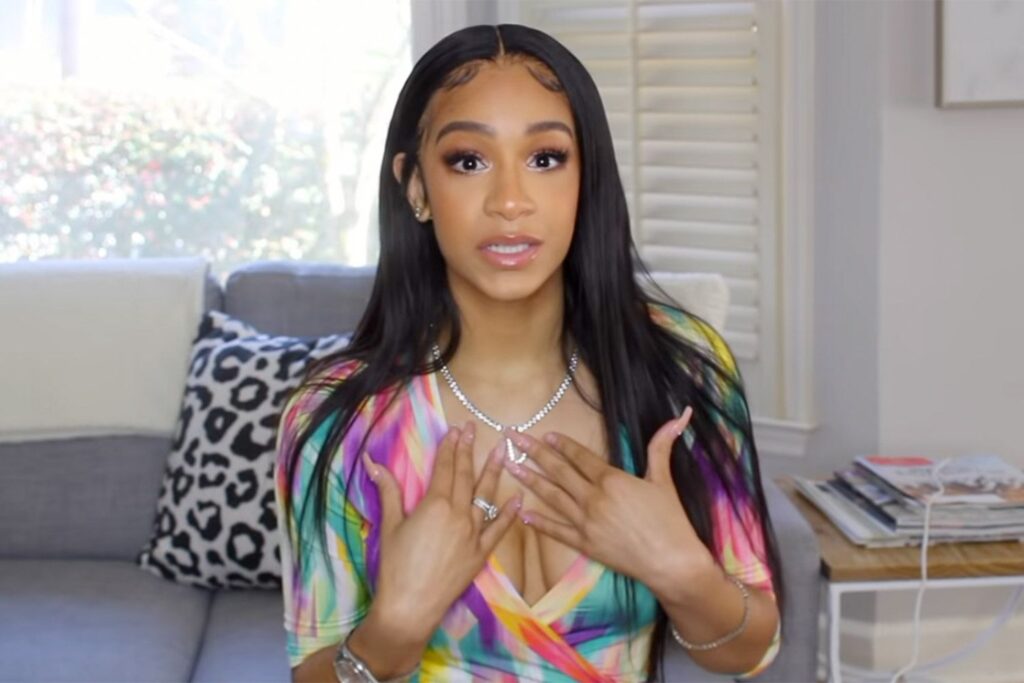
The conversation about Deja’s hair quickly veered into discussions about colorism. However, I don’t believe Deja’s comments were primarily about colorism; rather, they touched on texturism. Within the natural hair community, certain textures are often favored over others, with looser textures typically considered more desirable. Given Deja’s upbringing around women with looser textured hair, it’s understandable she feels insecure about her own. She may also harbor insecurities about resembling her father, which is a separate issue altogether.
Deja’s struggles with her hair are multifaceted. She hasn’t been encouraged to love or embrace her natural hair, as evidenced by her own words: “I compliment them because, growing up, I never received compliments or positive remarks about my hair. It was always described as ‘nappy’ or ‘too thick,’ among other things.”
It’s evident that Deja hasn’t been taught to appreciate her natural hair. I hope she reaches a point where she can truly embrace it and recognize its beauty. There’s nothing wrong with type 4 hair—it may be challenging to manage at times, but it’s undeniably beautiful. No one should feel that the features they’re born with are anything less than beautiful, because they are.
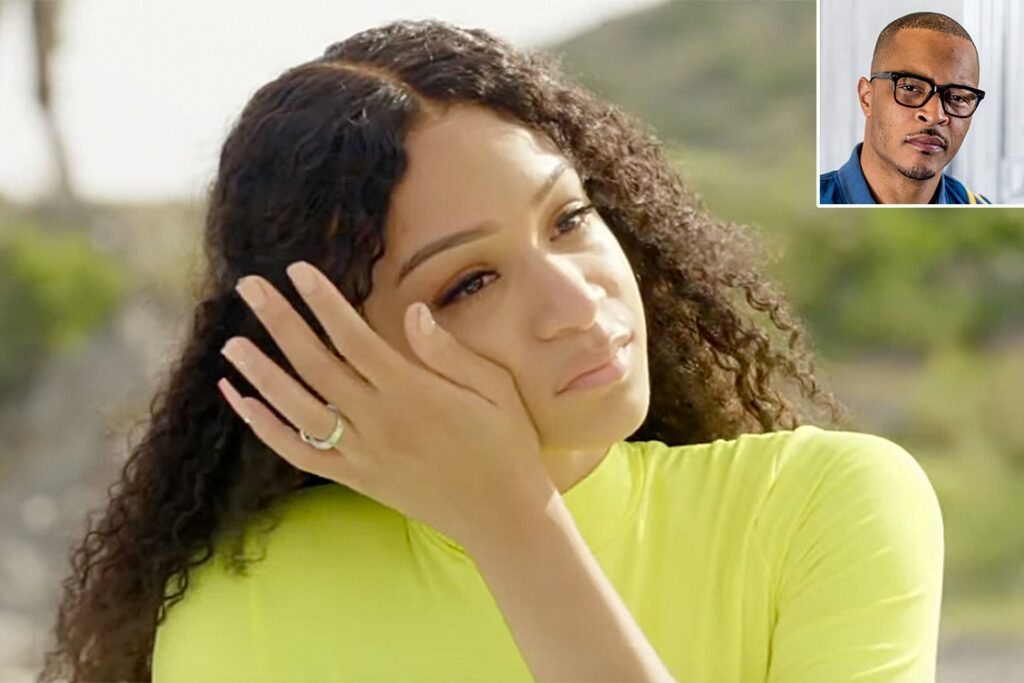
Moving on to the next subject, let’s delve into Kanye West and his latest album, Donda. Though I may be a bit behind the curve, the album’s rollout was quite chaotic, prompting me to discuss it now. Over the weekend, Kanye released his much-anticipated album, titled after his late mother, Donda West. The release was rather sudden, with Kanye alleging that Universal Records released the album without his consent. It was a messy affair, with tracks being added even after the album’s drop, resulting in a rushed and disorganized release. Despite the tumultuous rollout, the album is performing well, projected to sell 350,000 copies in its first week and breaking various streaming records. This success doesn’t surprise me, given Kanye’s dedicated fanbase and consistent strong performance in sales and streams. However, despite the album’s commercial success, I found it somewhat overhyped. While I appreciate the personal and vulnerable themes Kanye explores, particularly regarding his spirituality and struggles, I felt the sonic execution fell short. Many tracks lacked the depth and innovation I expected from his production. That being said, there were standout tracks that resonated with me, such as “Believe What I Say,” “Moon,” “Off The Grid,” and “Remote Control.” Additionally, “Jail,” particularly the first part featuring Jay-Z, stood out for its cinematic quality and stadium appeal. “Hurricane,” featuring Lil Baby and The Weeknd, also left a positive impression. However, as a whole, the album didn’t compel me to revisit it frequently. Its length felt excessive, and some tracks seemed to fall short of their potential, especially from a production standpoint.
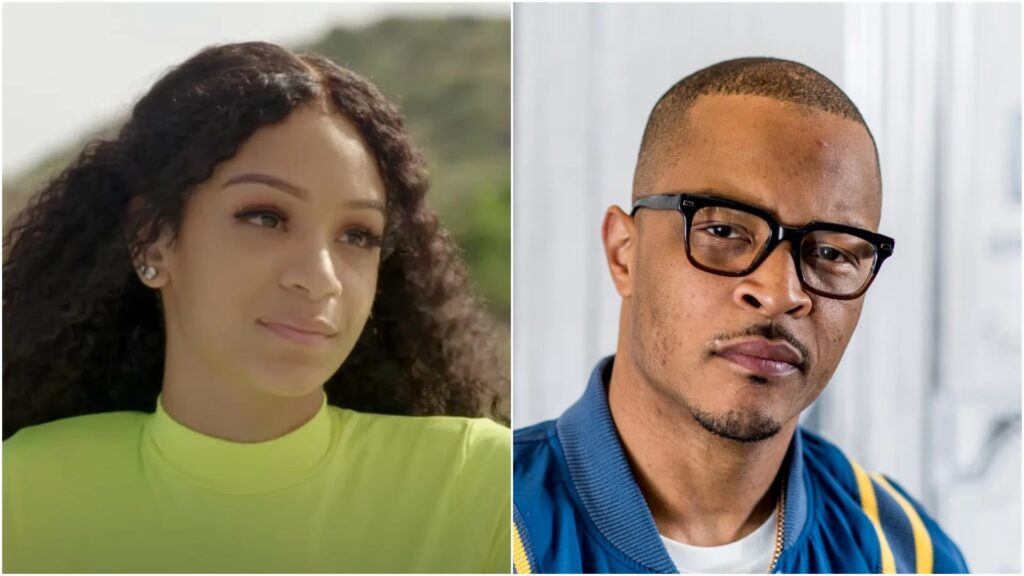
In all honesty, I find the album lacking in replay value. It’s certainly experimental and different, and there are aspects of its message that resonate with me. However, I often find myself needing to be in a specific mood to truly appreciate it. It’s not the type of album I can listen to repeatedly from start to finish unless I’m in the right mindset. The reception seems to be quite mixed, with some critics trashing it while others heap praise upon it. I believe the reason for this mixed reaction lies in its departure from a more commercial sound. It’s highly experimental, which may limit its appeal to a broader audience.
This brings me to the ongoing debate between Kanye and Drake about who will drop the superior album in 2021. Personally, I anticipate that Drake will deliver a more widely embraced album. The key factor here is Drake’s knack for crafting commercially appealing music. He tailors his songs for radio, streaming platforms, clubs, and the mainstream audience. Consequently, Drake tends to attract a larger audience compared to Kanye, whose album leans more towards the experimental and artistic side. Many listeners simply seek catchy tunes to dance to, without delving into deeper messages.
However, both Kanye and Drake are undoubtedly achieving success. Kanye’s “Donda” album is performing remarkably well, and I have no doubt that Drake’s upcoming release will also make a significant impact. Ultimately, it’s not a matter of whose album is superior; both artists are poised for success, regardless of the outcome.
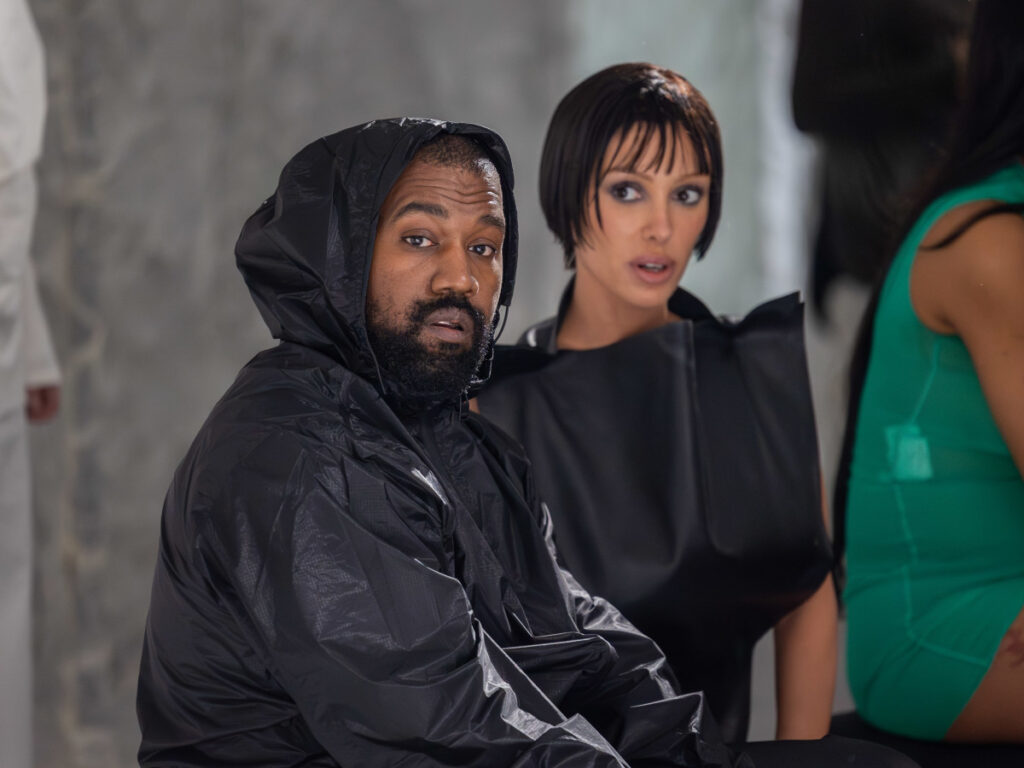
Enough with the album chatter; let’s dive into the drama surrounding Kanye’s release of “Donda.” After its drop, there was a whirlwind of controversy. Some felt snubbed for not making the album’s cut, while others questioned why they were included at all. Take gospel singer Bri Babineaux, for instance. She was taken aback to find her voice sampled on “Lord I Need You Now.” Years back, Bri gained fame for her rendition of Tonex’s “Make Me Over,” and Kanye sampled her vocals from that viral video without her knowledge. Bri expressed her surprise, saying, “Thanks to everyone who mentioned me on the Donda album. But I had no clue beforehand. Would’ve been nice to know. SMH. Who does that voice remind y’all of?” Although Kanye hadn’t sought Bri’s permission, he had secured it from Tonex, now known as Be Slade, the original song’s creator. Be Slade defended Kanye, pointing out that Bri hadn’t cleared her version of the sampled song. He reminded her, “You didn’t call me to clear your version of the song that was sampled… Kanye stole nothing; he legally approached the rightful owner.” Be Slade also aired grievances about lack of credit for Bri’s viral cover. However, Bri rightfully felt perturbed; her voice was still sampled, despite the song not being hers. Eventually, Kanye’s team credited her on the track, resolving the issue. But that wasn’t the sole drama tied to “Donda.” Chris Brown also voiced his dissatisfaction, accusing Kanye of editing out his vocals on “New Again” and hurling insults. Frankly, I found Brown’s reaction distasteful. He wasn’t obligated to feature on the album, having ample industry experience to anticipate Kanye’s creative process. Kanye’s spontaneity often involves editing and rearranging verses, a risk any artist takes when collaborating with him. Such edits are commonplace in the industry, reflecting artistic decisions rather than personal slights.
As I mentioned, it’s frustrating. It’s understandable for an artist to feel frustrated when their contribution to a song gets cut. I can sympathize with Chris Brown’s frustration over his part being edited out, but resorting to calling Kanye a “ho” seemed unnecessary and revealed underlying feelings towards Kanye. This situation highlights why Kanye should be more selective about who he invites onto his albums; often, they’re more interested in the spotlight than genuine collaboration.
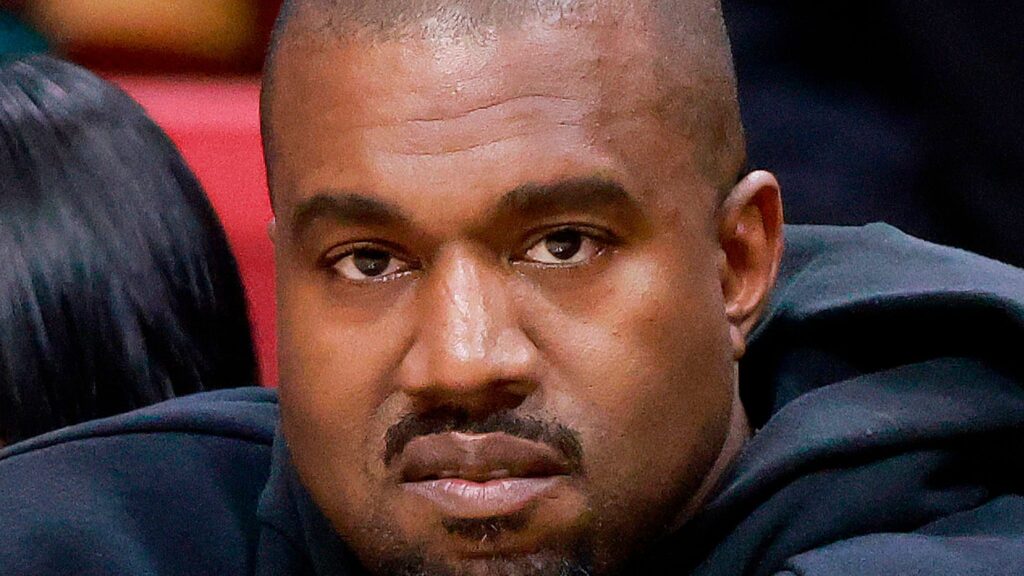
Now, onto Soulja Boy, who was evidently furious about being removed from “Remote Control.” Frankly, I listened to his verse, and it was subpar. Kanye’s decision to cut him was justified, yet Soulja Boy reacted strongly, airing his grievances publicly. His comments about Kanye and even dragging Kim Kardashian into it seemed more like attention-seeking behavior than genuine outrage. Soulja Boy thrives on attention, and when he feels slighted, he amplifies his antics.
However, it’s a two-way street; artists collaborating with Kanye should be aware of what they’re signing up for. If they fear their efforts might be wasted, they should reconsider working with him.
What’s your take on this? Share your thoughts in the comments below, and don’t forget to like, comment, and subscribe. Thanks for watching, and see you next time.
